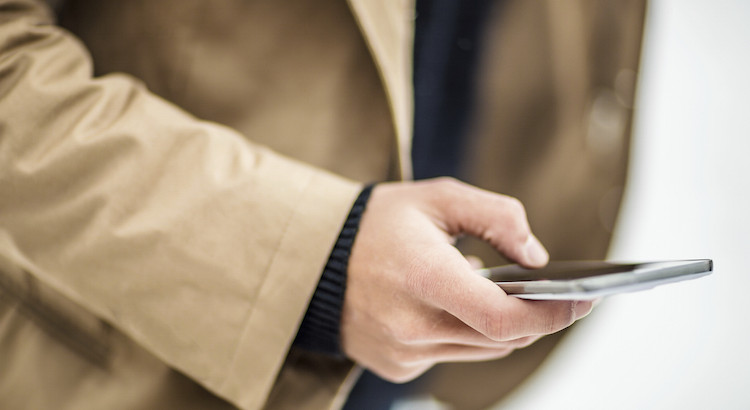Social Media Addiction Linked to Drug, Alcohol Abuse

Yes, you can be addicted to social media. Do you feel antsy when you can’t connect and check your status updates or followers? Do you feel phantom vibrations from your phone and check it constantly for updates? Do you lose yourself for hours on social media sites and wonder where the time went? Do you try to cut back but find you can’t? If you can answer yes to any of these questions, you have a problem. You may or may not be a full-fledged social media addict, but you are displaying addictive behaviors, and it turns out these could make you vulnerable to substance abuse.
Ten Percent of Social Media Users Show Addictive Behaviors
A recent study looked into the addictive nature of social media and how that impacts substance abuse. Researchers at the University of Albany conducted a survey of undergraduate students and found that about 10 percent were displaying addictive behaviors with respect to social media use. The survey questions were modeled after those used to determine alcohol dependence. The students exhibiting signs of addiction were also more likely to score high on an Internet addiction scale, to struggle with emotional regulation and to abuse alcohol.
Social Media as Addictive Reward
You can get addicted to social media, just as you can to drugs or alcohol, because of the proffered reward. Think about how you feel when you get that notification on your phone: a little jolt of pleasure or excitement, right? Someone just liked your picture on Instagram, you got a new follower on Twitter or someone commented on your Facebook status. These act like rewards in your brain and, as with drugs or alcohol rewards, leave you wanting more. If you are susceptible to addictive behaviors, use of social media can become a compulsive, addictive behavior and something you can no longer control.
Studies have actually looked into why social media is so rewarding compared to other daily activities. Sure, those status updates, likes and comments are pleasant, but why are they such a strong reward? Several studies have shown that the act of sharing information about yourself, including what you’re doing, how you’re feeling or what you think about a particular issue, is intrinsically rewarding. It engages the part of the brain involved in reward, which can be hijacked during addiction.
Link to Drugs and Alcohol
If you use social media on a daily basis, there is no reason to assume you will become addicted to the sites or that you will start abusing drugs or alcohol. However, we now have evidence that if your use of social media is addictive-like in nature, you are at a greater risk for substance abuse. Researchers think that social media addiction is linked to the kinds of factors that also put someone at risk for substance abuse and addiction. These include impulsive behaviors, difficulty regulating emotions and other factors.
The study participants who demonstrated addictive behaviors in their social media use experienced cravings and strong urges to check on statuses and comments, an increase in time spent on social media and irritability when unable to get on a site. If you are experiencing any of these addictive signs when you use social media, you might be putting yourself at risk for other addictive disorders, including drug and alcohol addiction. Consider cutting back on social media use. Turn off notifications to your phone. Set a daily time limit for using social media so you don’t get out of control. You’ll be amazed at how much more time you have in your day.
Article Categories
- 12 Steps
- Addiction in the Family
- Addiction Infographics
- Alcohol Addiction
- Articles
- Drug Addictions
- Drug Rehab Center News
- Helpful Articles
- Holidays & Substance Abuse
- Mental Health & Addiction
- Real Life Addiction Stories
- Recovery Testimonials
- Relapse Prevention
- Substance Abuse Prevention
